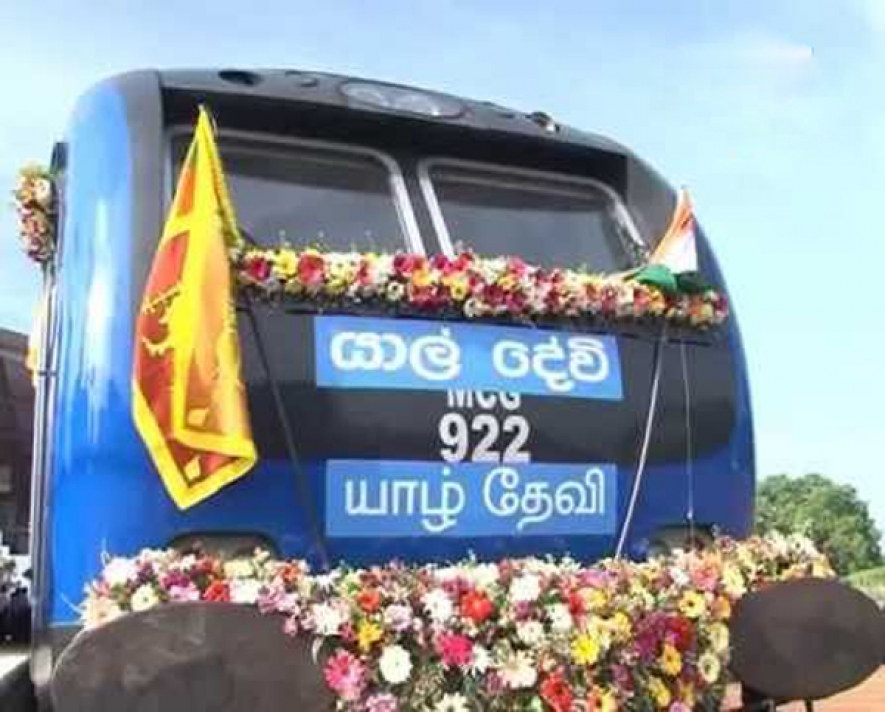The newly laid track featuring a modern signaling system, which is nearing completion, will allow passengers to travel to the destination at a speed of around 120 kilometres per hour. The Jaffna Railway Station has also been especially reconstructed with modern facilities while preserving its ancient architecture. The Bank of Ceylon has made a cash grant of Rs. 85 million for this purpose.
The Indian Government provided a soft loan and technical assistance towards the completion of the railway track, whose construction was undertaken by the Indian railway construction company IRCON.
The train service to Jaffna ended after the railway track was severely damaged following the 1985 attack in Elephant Pass by the Liberation Tigers of Tamil Eelam (LTTE). This act of aggression by the LTTE was one of the primary factors that cut off all access between the southern and northern parts of the island. Since then, till 2009, traveling from the South to North – or vice versa – was an extremely difficult and dangerous journey.
Following the end of the war in 2009 and subsequent reconstruction of the A9 highway - which is the primary roadway from the South to the North - the resumption of regular bus services made it easier for people to travel between Colombo and Jaffna. Now, the availability of train services to Jaffna will further ease travel between the two cities.(KH/llrc)



















